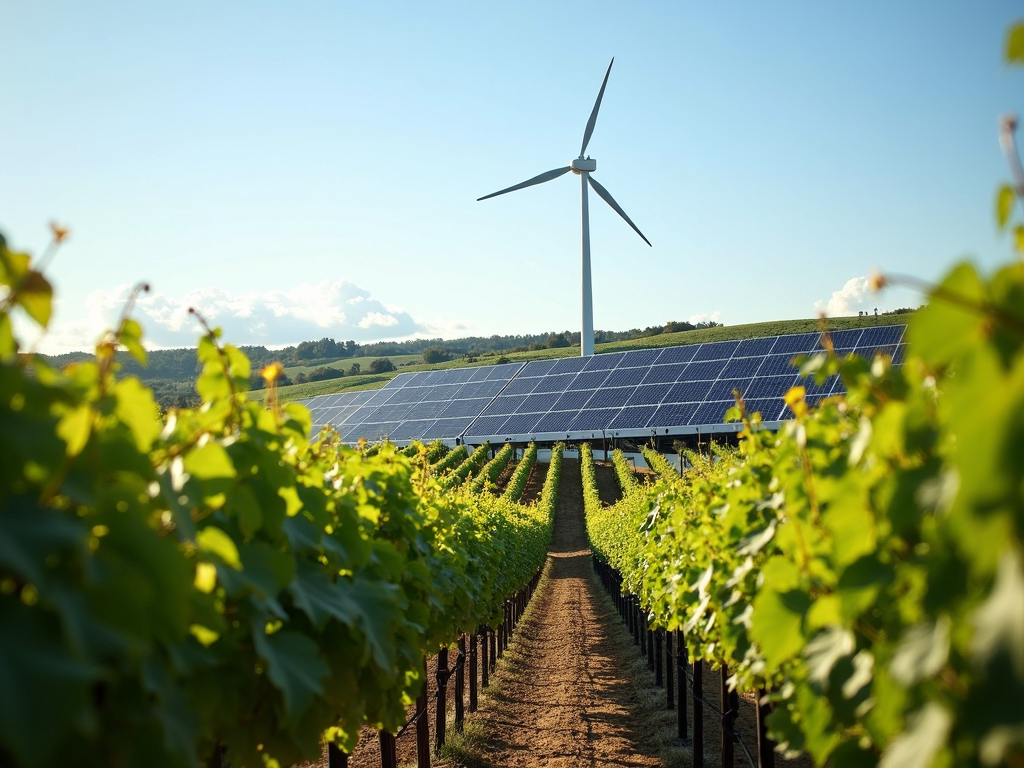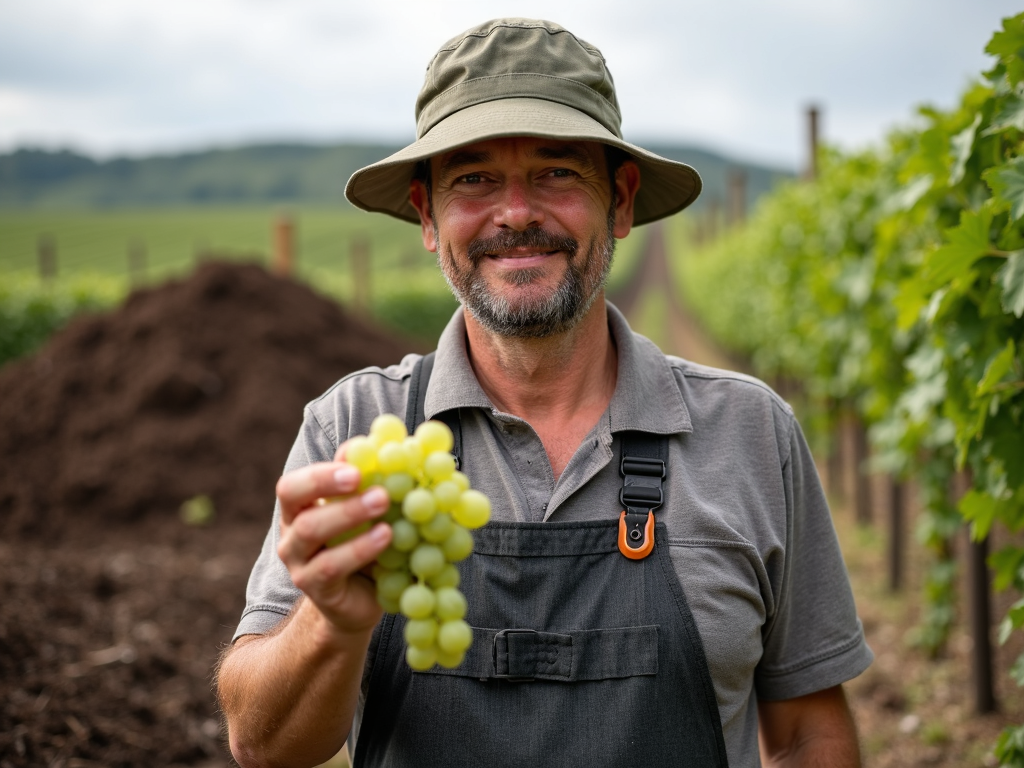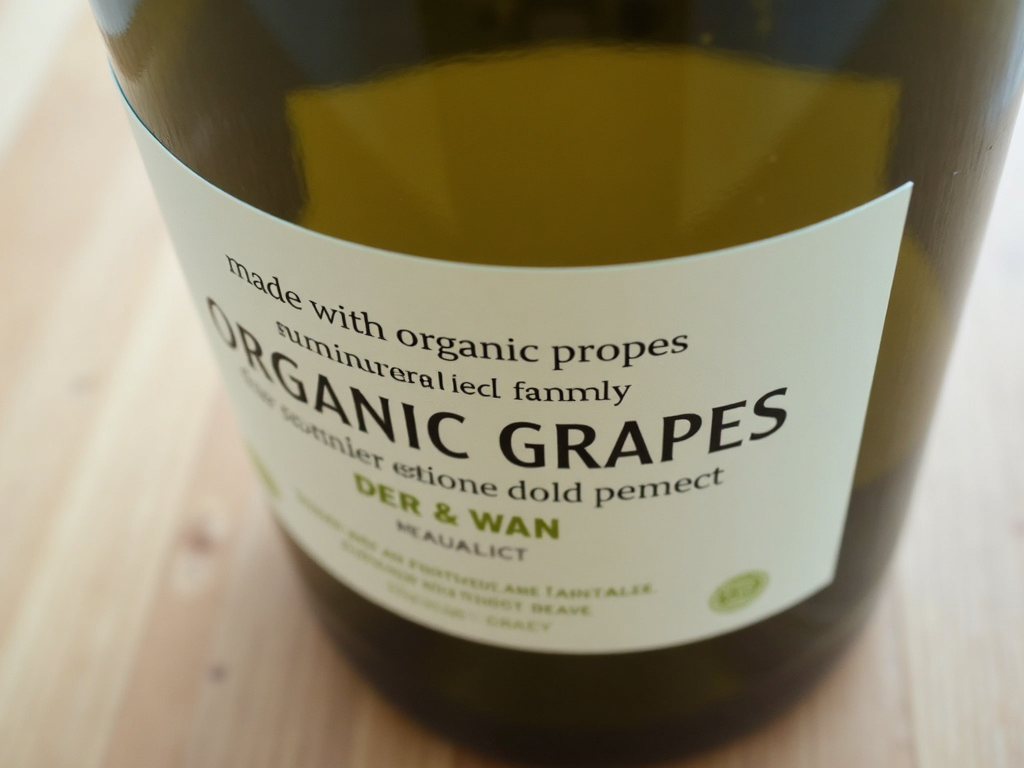Sustainable Winemaking: Beyond Organic
Overview/Summary
Sustainable winemaking goes beyond organic practices, encompassing environmental stewardship, social responsibility, and economic viability. This article explores the world of sustainable wines, providing insights into the practices, benefits, and how to choose sustainable wines.

What is Sustainable Winemaking?
Sustainable winemaking is a holistic approach to producing wine that considers the environmental, social, and economic impacts of the entire process. It goes beyond organic practices, which primarily focus on avoiding synthetic pesticides and fertilizers. Sustainable winemaking aims to minimize the environmental footprint, support local communities, and ensure the long-term viability of the winery.
Organic vs. Sustainable Winemaking
While organic winemaking is an important step towards sustainability, it is not the only aspect. Organic certification ensures that the grapes are grown without synthetic pesticides and fertilizers, but it does not address other environmental concerns, such as water usage, energy consumption, or waste management. Sustainable winemaking, on the other hand, takes a broader approach, considering the entire lifecycle of the wine, from grape growing to bottling and distribution.

Sustainable Practices in Winemaking
There are many sustainable practices that wineries can adopt, including:
- Water conservation: Using drip irrigation, rainwater harvesting, and wastewater treatment to minimize water usage.
- Energy efficiency: Installing solar panels, using energy-efficient equipment, and reducing energy consumption.
- Waste reduction: Composting grape pomace, recycling glass and cardboard, and minimizing packaging waste.
- Biodiversity preservation: Planting cover crops, creating wildlife habitats, and preserving natural ecosystems.
- Social responsibility: Supporting local communities, providing fair wages and working conditions, and promoting diversity and inclusion.
Case Study: Jackson Family Wines
Jackson Family Wines is a leading example of a winery committed to sustainability. With over 40 wine brands, including Kendall-Jackson, La Crema, and Stonestreet, Jackson Family Wines has implemented numerous sustainable practices across its vineyards and wineries.
One notable initiative is their commitment to organic vineyards. Jackson Family Wines has over 1,000 acres of certified organic vineyards, with plans to increase this number in the coming years. They also use sustainable farming practices, such as cover cropping, composting, and integrated pest management.
In addition to their environmental efforts, Jackson Family Wines is also committed to social responsibility. They support local communities through charitable donations, volunteer programs, and partnerships with local organizations.

Choosing Sustainable Wines
As a consumer, choosing sustainable wines can be a bit overwhelming. Here are some tips to help you make informed decisions:
- Look for certifications: While there is no single certification for sustainable winemaking, there are several organizations that certify sustainable practices, such as the California Sustainable Winegrowing Alliance and the Sustainable Winegrowing Australia program.
- Research the winery: Look for wineries that are transparent about their sustainable practices and have a track record of environmental stewardship.
- Check the label: Some wineries include information about their sustainable practices on the label, such as "made with organic grapes" or "sustainably farmed."
- Ask your local wine shop: Wine shop staff can often provide recommendations for sustainable wines and point you towards wineries with a strong commitment to sustainability.
Conclusion
Sustainable winemaking is a complex and multifaceted approach to producing wine that considers the environmental, social, and economic impacts of the entire process. By choosing sustainable wines, consumers can support wineries that are committed to environmental stewardship, social responsibility, and economic viability.
Table: Organic vs. Sustainable Winemaking
| Organic Winemaking | Sustainable Winemaking |
|---|---|
| Avoids synthetic pesticides and fertilizers | Considers the entire lifecycle of the wine |
| Focuses on grape growing | Encompasses environmental, social, and economic impacts |
| Certified by organizations like USDA Organic | Certified by organizations like California Sustainable Winegrowing Alliance |
List: Sustainable Wine Brands
- Jackson Family Wines
- Fetzer Vineyards
- Bonterra Organic Vineyards
- Benziger Family Winery
- Frog's Leap Winery